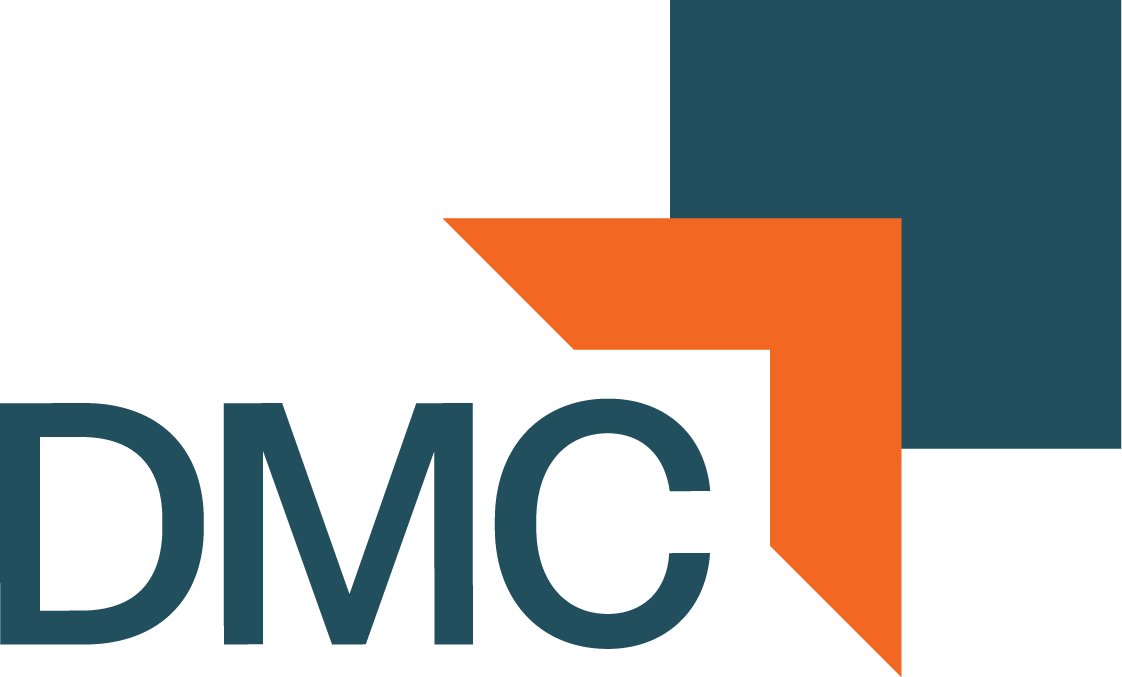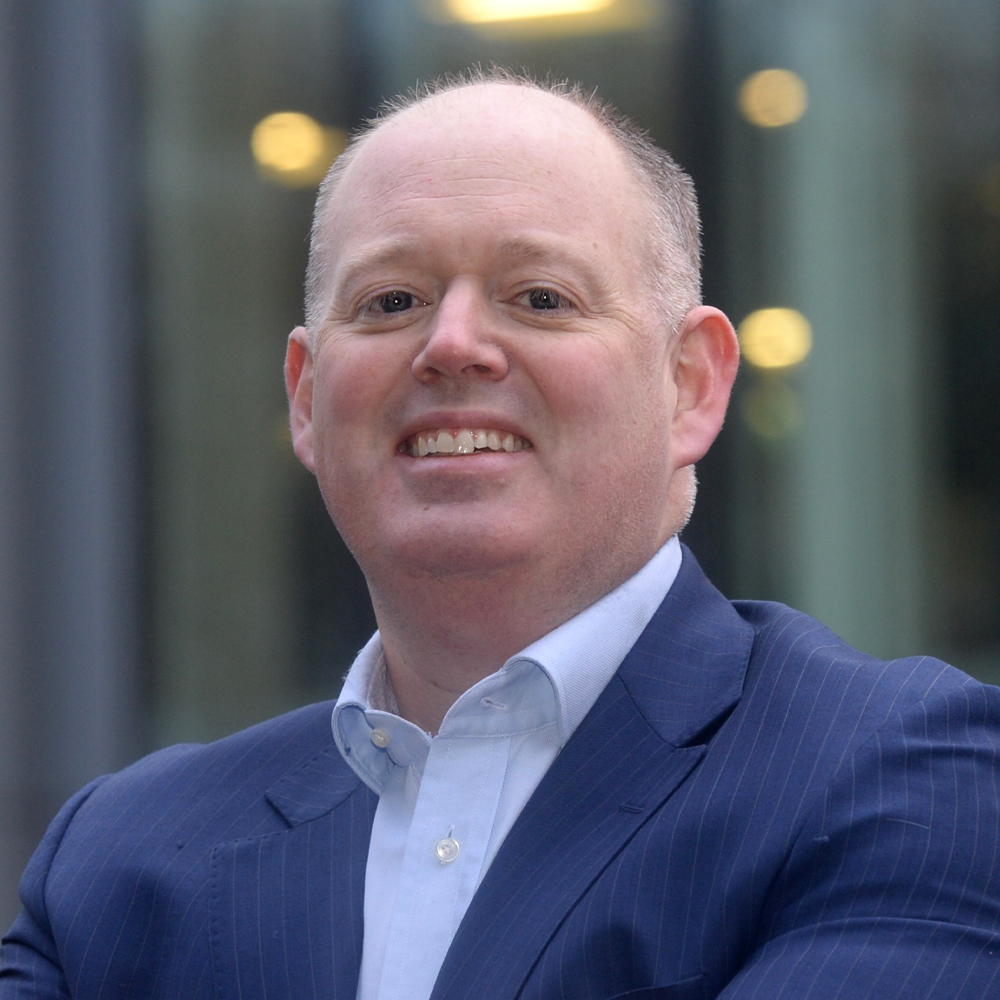How are we going to rebuild a future proof model for hotels and leisure, and the MICE sectors, for future crises like pandemics?
Seasonally, hotels have their down times and, pre-COVID businesses from the Meetings, Incentives, Conference and Events (MICE) would come to the rescue. However Since January this year we have seen many international events cancelled from property conferences like MIPIM in Cannes to the Tokyo summer Olympics. According to Statista the Tokyo Olympics and the 2019 Paralympics combined was on track to generate circa 630 billion Japanese yen or €5 billion!
Whilst there isn’t a sector that hasn’t been hit by COVID19, MICE and the hotels and leisure sectors have been one of the worst affected, and with the latest news on the Spanish lock-down rules, this is going to bring further fears of uncertainty, delaying the recovery for longer.
Can we be optimistic?
What is the cost of survival for hotels and the MICE sectors?
When you read the construction updates, across the globe significant investment is still being ploughed into these sectors. Pandemics come and go - like previous crisis situations, COVID19 will go away.
There are many hotel investors who have already invested significant sums with construction already underway. Therefore for some there is no turning back, and why should they? According to Christie’s, hotel investment remained strong with a surge in hotel buyer enquiries (rise of 84% up to 22 June). Industry research shows that the global MICE industry was valued at $916.1m in 2019 and was predicted to grow to $1.78billion by 2030. 2030 is 10 years on and by then we will have found more innovative ways of coping with this type of crisis.
Only this weekend we have seen that private equity funds taking the opportunity to rebuild part of our eating out culture [https://www.thecaterer.com/news/casual-dining-group-bought-epris-big-table] which is no surprise, particularly as eating out has been on the increase. In fact in January this year, it was noted that Irish households devoted a higher percentage of expenditure to eating out in restaurants and take-aways than any other country in the European Union (according to Eurostat).
Which hotel and leisure models will survive?
Is the hotel and leisure cost model changing?
As we have read from many industry leaders, it is all about survival of the fittest and those that are the most prepared will reap the benefits - from restructuring their customer experience models, investment in technology to managing the average cost per key. In the past five years, hotel investors and operators have already been changing the landscape for the customer experience, providing intelligent and smarter buildings. You only have to look at the way hotels have been able to respond to the pandemic to see evidence of this - from automating the arrivals process to keyless operations and installing Alexa or other voice recognition services for temperature control or just changing the channel on the TV.
Right now though, one of the most significant costs for hotels is adhering to the COVID19 hygiene guidelines. In this report by JLL [https://www.jll.co.uk/en/trends-and-insights/investor/hotels-plan-for-a-covid19-informed-future], it reviews how the shift in spending and operations is targeted at making customers feel safe, and providing as little human interaction as possible. Marriott Hotels was one of the first to launch its new cleaning routine from the introduction of electrostatic sprayers used on aeroplanes to the use of ultraviolet light technology to sanitise keys for guests. [https://www.cntraveler.com/story/marriott-hotels-new-cleaning-routine-involves-sanitizing-sprayers-and-uv-light]
One of the characteristics of the hotel and leisure sector is adapting its model and often expensive buildings to benefit from a change in circumstances. The call for adapting stock to allow for a serviced apartment model is just one excellent example. [https://www.hospitalityinsights.com/content/guest-king-says-diane-scott-katten].
Going forward, can we take the past five years as a indication for the future?
The advice from industry leaders and investors is that now is the time to prepare by building resilience – from business planning to adapting the hotel’s design and build, FF&E and OSE model for future proofing against pandemics like this. As many crisis situations before, the hotels sector has continued to adapt and it will do so again. And whilst this is deemed as the biggest crisis for the hospitality sector since World War II, survival is the only option. As the leader of our own client Dalata Hotel Group, Pat McCann confidently puts it - 'We are alive and well. A million miles from what we are used to but it is what it is' [https://www.independent.ie/business/irish/pat-mccann-interview-there-will-be-carnage-out-of-this-39377272.html] - highlighting resilience comes from accepting the status quo, keep moving and adapt the vision to suit the needs of the hotel customers of the future.

